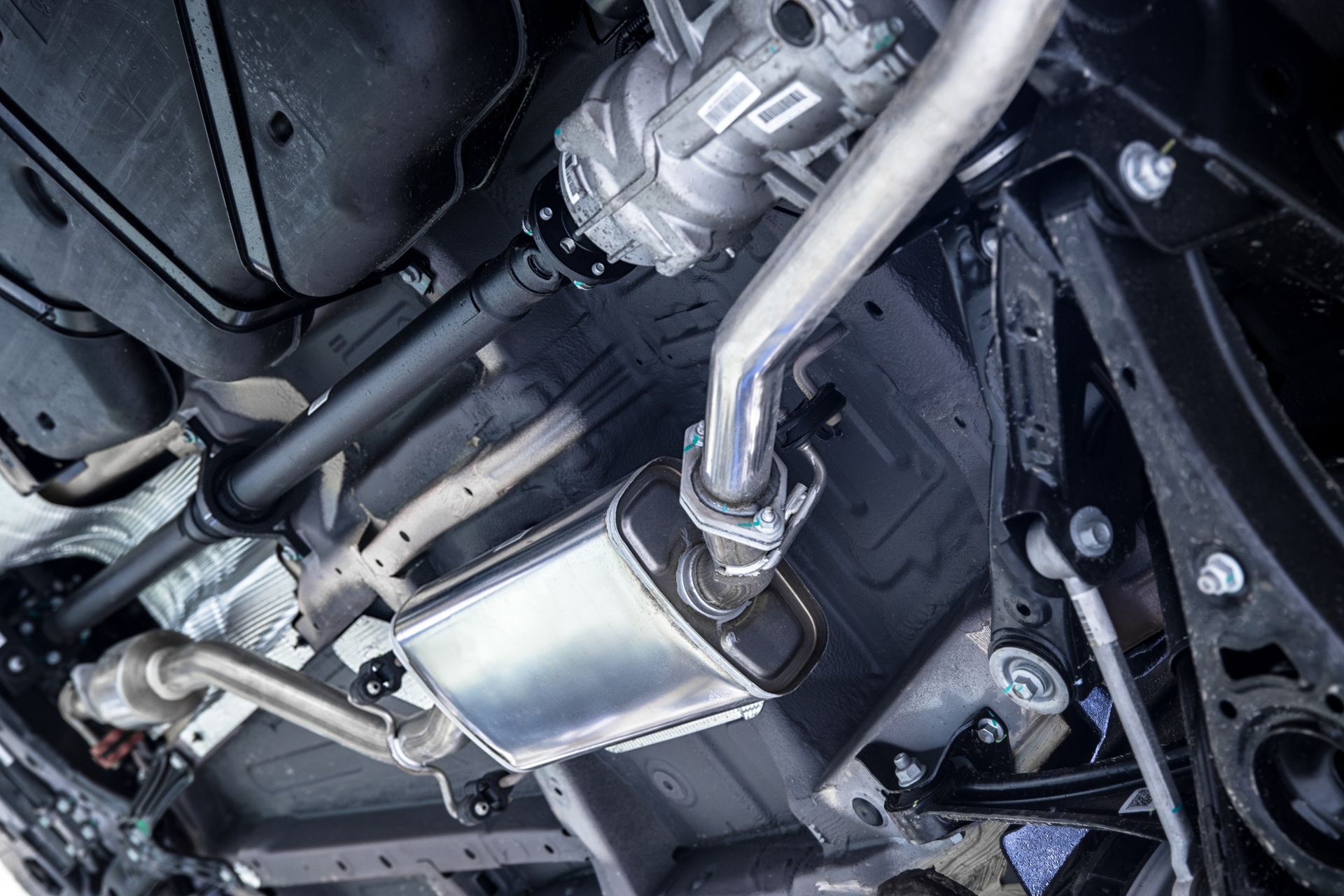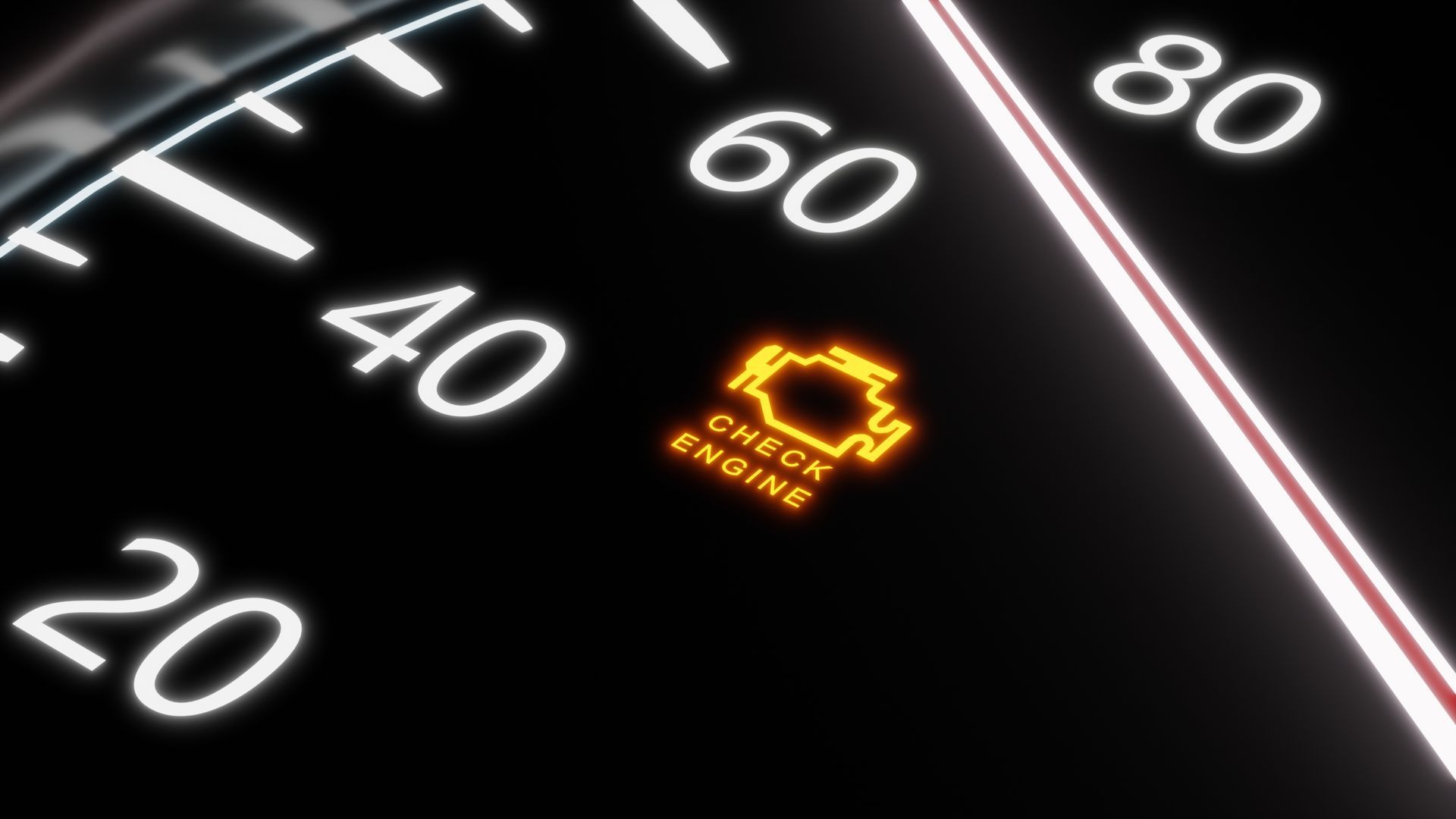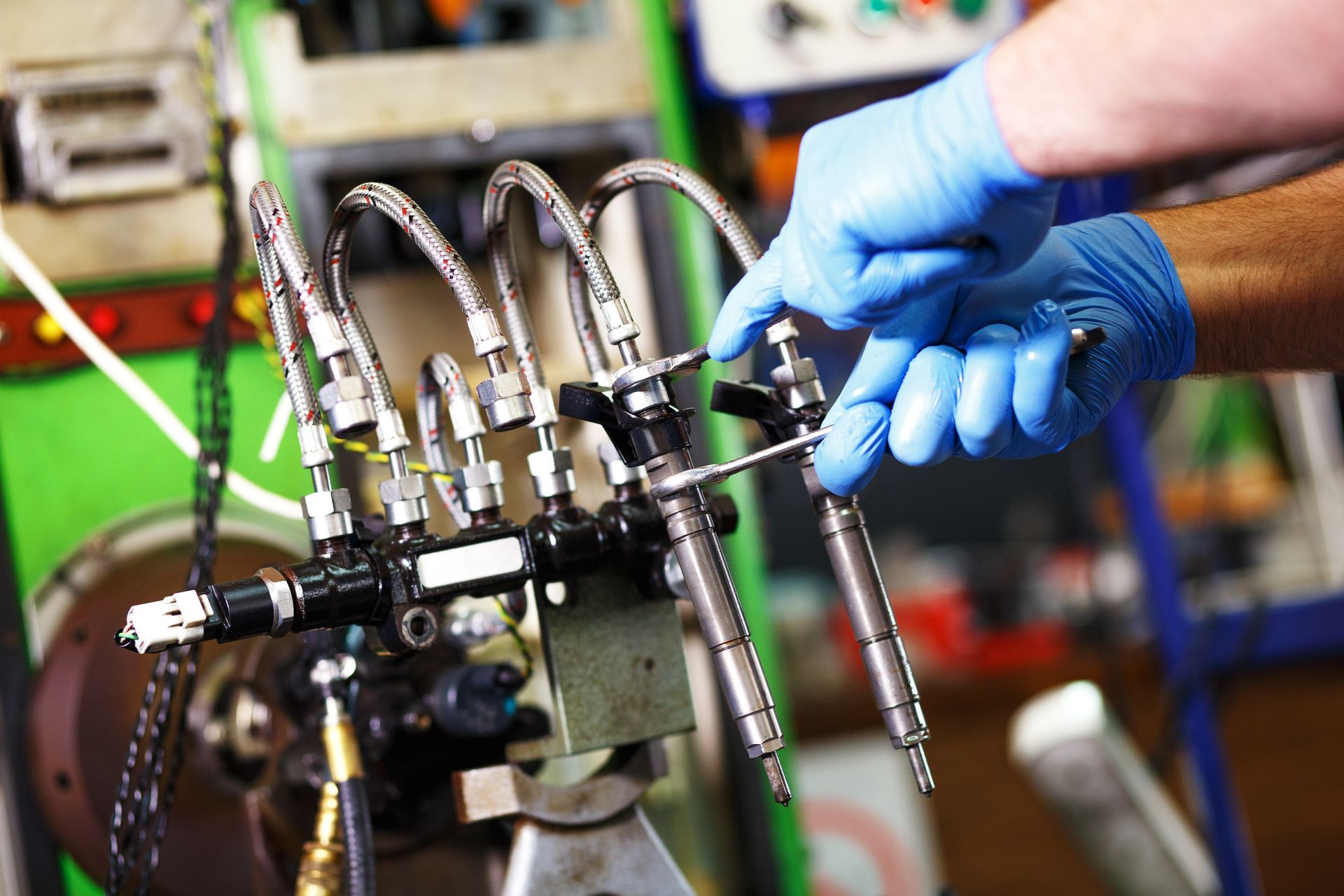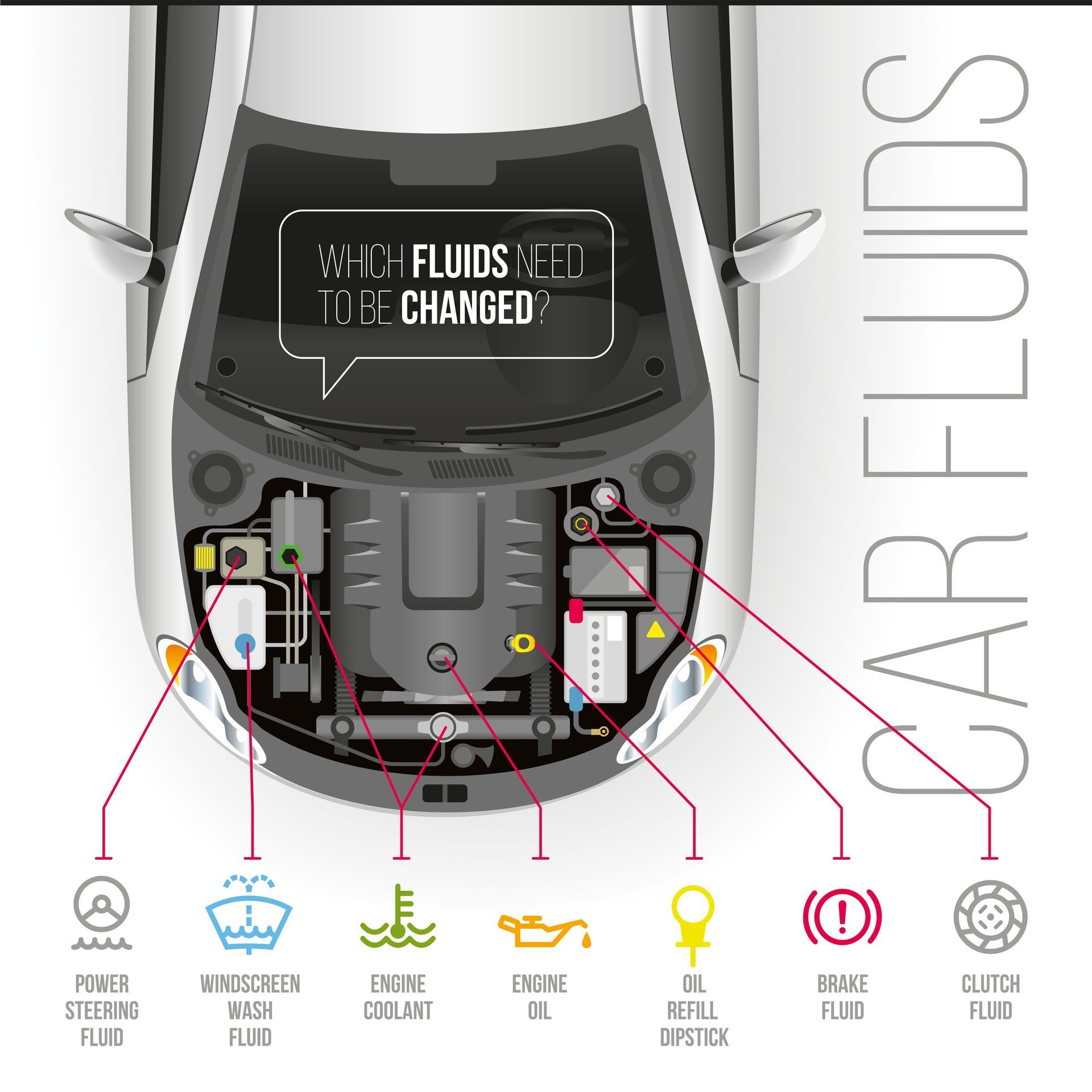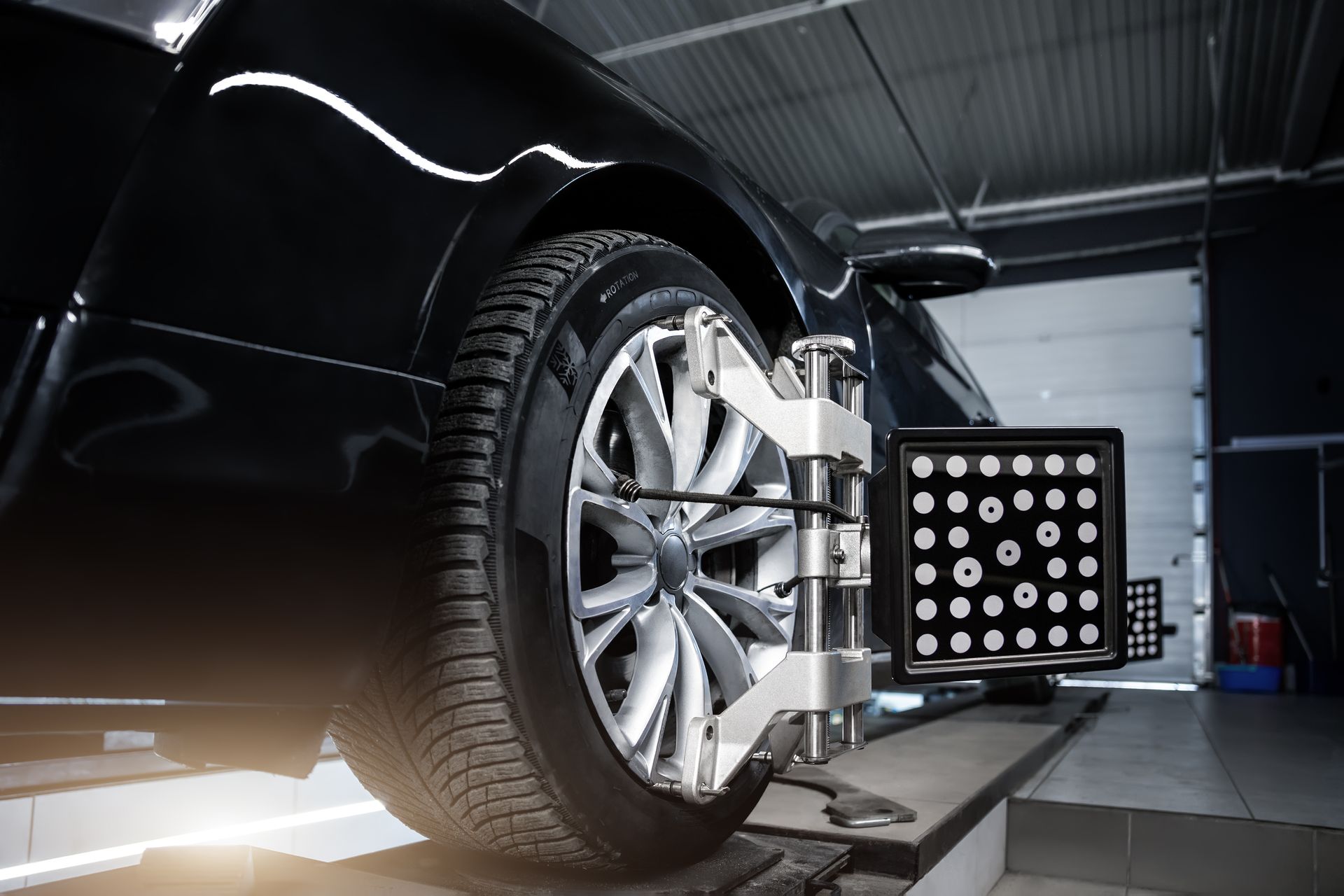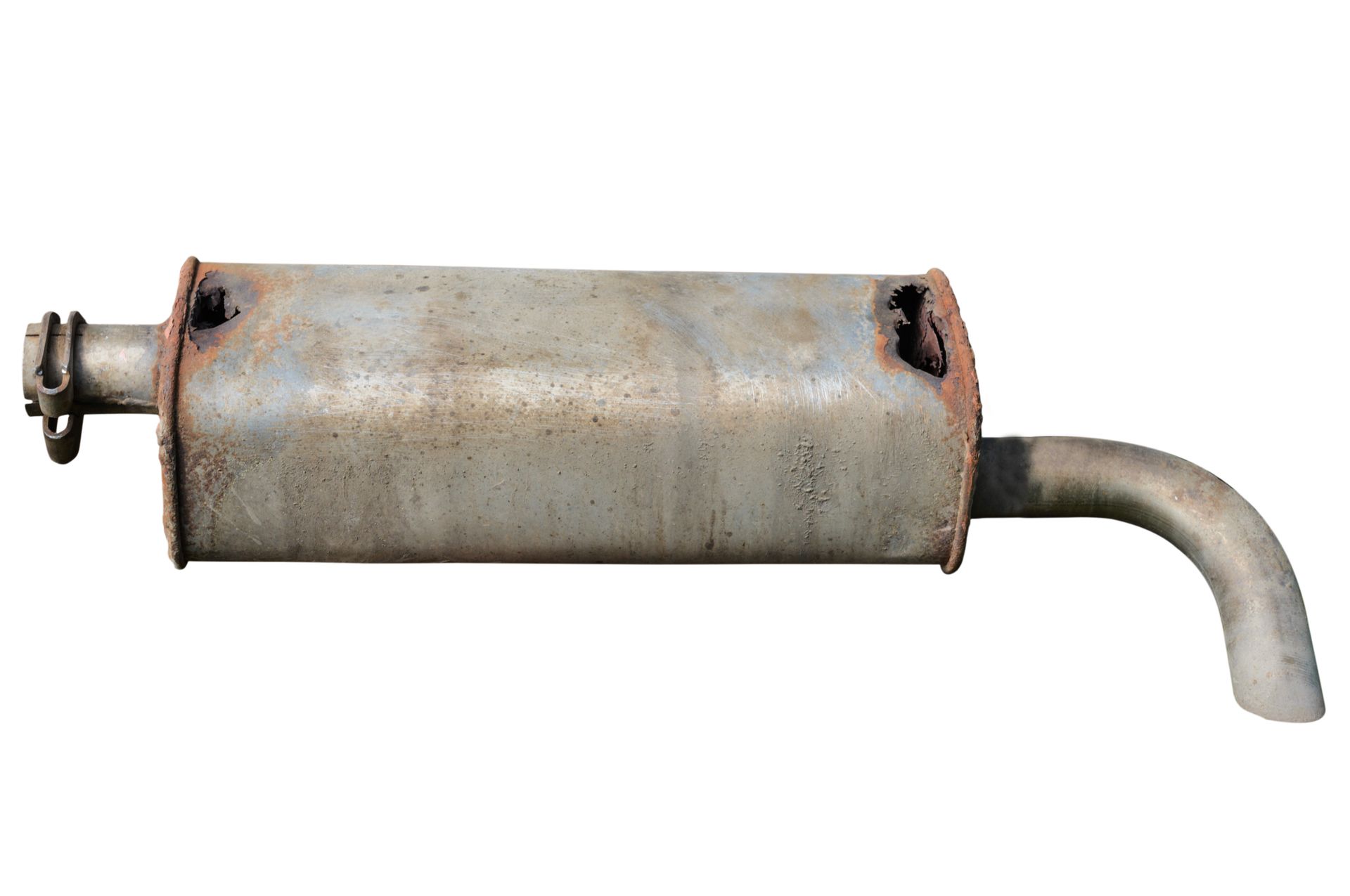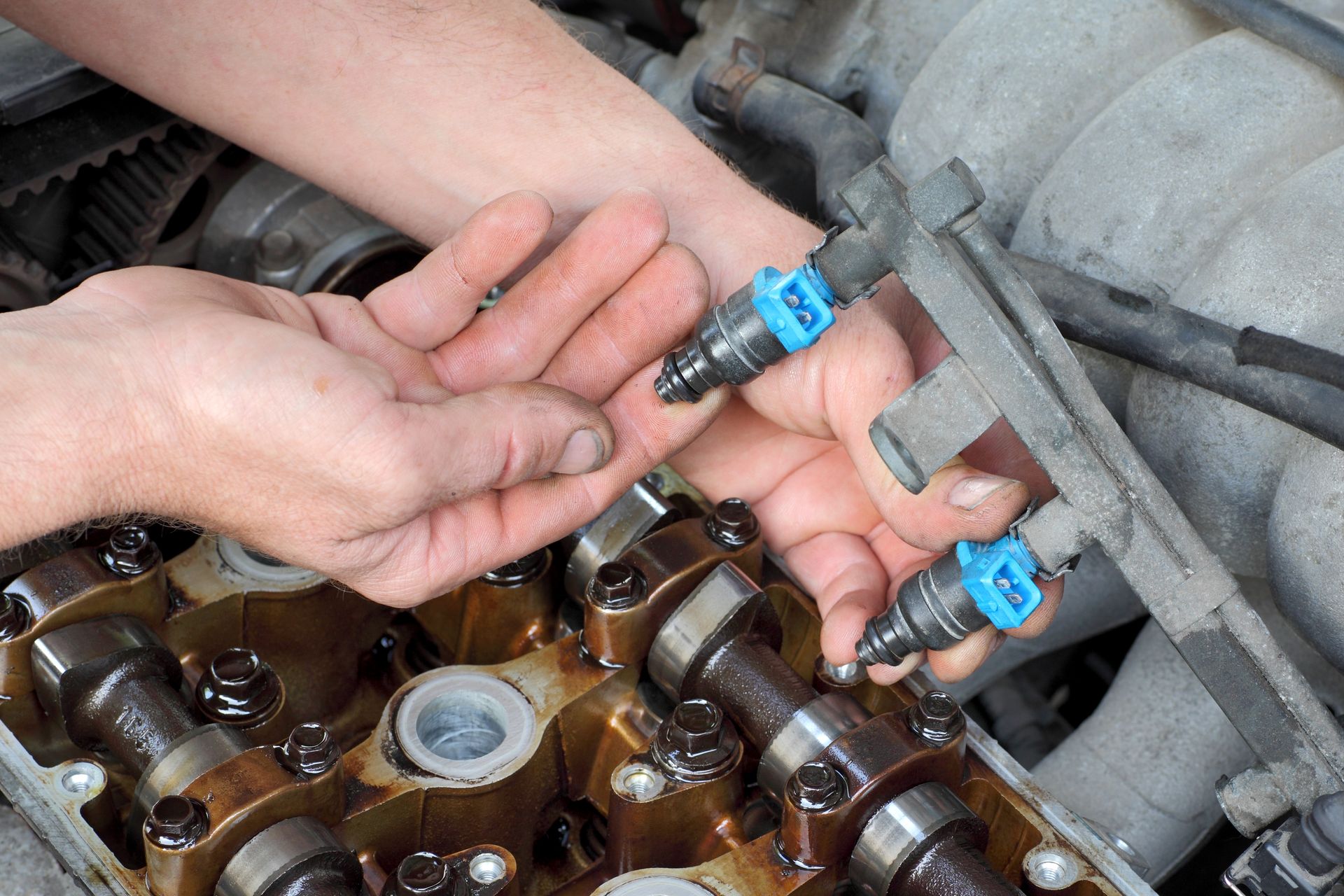A faint whiff of fuel when filling up at the gas station is normal. But if you notice a strong gasoline smell inside your car while driving or even when it’s parked, it’s a sign that something is wrong. Fuel odors are more than just unpleasant, and they can indicate a safety hazard that should be addressed immediately.
Why Fuel Odors Are a Concern
Gasoline vapors are highly flammable, and prolonged exposure can affect your health. Breathing in fuel fumes can cause headaches, dizziness, and nausea. More importantly, a fuel leak or vapor problem increases the risk of fire, especially near hot engine components.
Common Causes of a Fuel Smell Inside the Cabin
Fuel System Leaks
One of the most common reasons for a fuel odor is a leak in the fuel system. This could be from a damaged fuel line, loose connection, or a faulty fuel injector seal. Even a small leak can release enough vapor to create a strong smell.
Evaporative Emissions System Issues
Modern vehicles have an evaporative emissions control system (EVAP) that captures fuel vapors and prevents them from escaping into the atmosphere. A failing charcoal canister, cracked hose, or faulty purge valve can allow vapors to escape, leading to a noticeable odor.
Faulty Gas Cap
A loose, missing, or cracked gas cap can let vapors leak from the fuel tank. This is a simple fix, but it’s often overlooked.
Leaking Fuel Injector
If a fuel injector is leaking at its seal or body, it can drip or spray fuel into the engine bay, producing a strong smell. This often occurs alongside poor engine performance or rough idling.
Exhaust System Problems
Sometimes, what you’re smelling isn’t raw fuel but unburned fuel in the exhaust. This can happen if the engine is running too rich due to a bad oxygen sensor, faulty mass airflow sensor, or other fuel system issue.
How to Tell if the Problem Is Serious
Any persistent fuel smell should be treated as serious, but signs of an urgent problem include:
- Fuel puddles under the car.
- Strong odor immediately after starting the engine.
- Noticeable drops in fuel economy.
- Engine misfires or rough running.
If you experience any of these, it’s safest to stop driving and have the vehicle inspected right away.
Diagnosing the Source
A professional inspection will typically include:
- Visual checks for leaks in fuel lines, injectors, and hoses.
- Testing the EVAP system for leaks.
- Inspecting the gas cap and filler neck for damage.
- Checking for signs of fuel spray or seepage around injectors.
Technicians will also scan the vehicle’s computer for trouble codes related to fuel or emissions systems.
Preventing Fuel Odor Problems
Routine maintenance is key to preventing fuel smells in your car. This includes inspecting the fuel system during scheduled services, replacing worn hoses, and ensuring the gas cap seals tightly. Addressing minor issues promptly helps prevent bigger, costlier repairs later.
Also, avoid topping off your fuel tank when refueling. Overfilling can flood the EVAP system and cause fuel odors.
Why You Should Promptly
Driving with a fuel smell isn’t just uncomfortable—it’s a safety risk. Gasoline vapors can ignite if they come into contact with a spark or hot surface. Ignoring the problem could lead to more severe fuel system damage, higher repair costs, or even a fire.
Fuel System Service at Three Suns Auto Care in Media, PA
If your car smells strongly of fuel, don’t wait to have it checked. At Three Suns Auto Care in Media, PA, we can locate and repair fuel system leaks, restore proper emissions control, and make sure your vehicle is safe to drive.
Schedule your inspection today and breathe easier knowing your car is free of dangerous fuel fumes.

